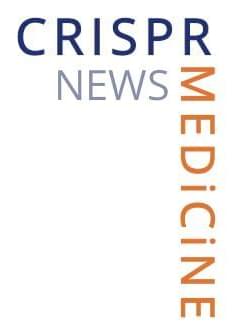For instance, the pegRNA molecules used in prime editing are difficult and expensive to chemically synthesise or laborious to clone, which hampers the crucial optimisation of prime-editing efficiency. Additionally, the reverse transcriptase (RT) enzymes used in prime editing are relatively error-prone and have low processivity, which may limit the precision and size of edits that can be introduced. Furthermore, RTs have a low affinity for dNTPs, which can impact prime-editing efficiency in non-dividing and differentiated cells.
To address these issues, two research groups led by Dr. Ben Kleinstiver at Mass General Hospital (MGH) & Harvard Medical School, and Dr. Erik Sontheimer at the RNA Therapeutics Institute (UMass Chan Medical School) have independently developed new approaches that build upon prime editing by replacing RT with another type of enzyme, namely a DNA-dependent DNA polymerase. This change permits the use of DNA instead of RNA as a template for editing, potentially addressing some of the main limitations of prime editing by allowing higher efficiency and adaptability.
